If Ukraine’s military resistance to Russia’s full-scale invasion stunned the world, its economic resilience in the face of a larger, better-equipped enemy is a lesser-known story of the war.
A combination of rapid state expansion, prudent monetary policy, active civil society in Ukraine, and crucial external funding from foreign partners since 2022 have helped Kyiv avoid the kind of catastrophic state collapse a war can trigger.
As a result, Ukraine is far from “doomed to defeat” — even if the U.S. under President Donald Trump pulls out of the peace process as it has recently signaled it could, says Dr. Luke Cooper, associate professor at the London School of Economics, in a recent report analyzing Ukraine and Russia’s economies as the war grinds on and negotiations to end it continue.
Russia, by contrast, is showing signs of economic strain. In addition to sanctions, a “splurge of subsidized, politically directed lending to favored firms — especially in the defense sector — alongside a radical tightening of monetary policy for the civilian economy, Russia appears to be heading for a credit crunch,” Cooper writes.
While that doesn’t necessarily spell the collapse of Russia’s economy, a series of looming crises could be changing Moscow’s calculations in the negotiation process.
The Kyiv Independent sat down with Cooper to discuss how Ukraine and Russia have reshaped their economies for war, what strengths and vulnerabilities each side faces, and how those realities are shaping peace talks.
This interview has been edited for clarity.
The Kyiv Independent: How have Ukraine and Russia responded similarly or differently to the war by reconfiguring their economies?
Dr. Luke Cooper: If you looked at the Ukrainian and Russian economies a couple of years ago, there might have been a tendency for people like me to draw a contrast between the two sides and say that they’re very different.
The interesting thing is that, in some ways, the two economies now have some similarities — they’re both quite conventional, classic war economies, where the state really intervenes on a very large scale to fund the war effort, driving economic demand and creating a situation where the private sector responds to that demand and becomes increasingly dependent on the state for its basic economic activity.
The Kyiv Independent: In the report, you talk about how wars can be both a process of state-making and state “un-making” for countries, with recent conflicts around the world defined more by the latter. In this sense, what effect has Russia’s full-scale invasion had on the Russian and Ukrainian states?
Dr. Luke Cooper: If Ukraine started at the outset thinking, “Oh, can we have a small state approach to the economy?” within about a year, you see this sharp expansion in state capacity. But it’s not just a story of very top-down centralization; there are quite a few nuances, like the role of local governments, decentralization, and civil society supporting the state. At the start of the (full-scale) war, people proactively raised money for the state and the armed forces on an enormously large scale. You have people rushing to pay their taxes. That is quite a big change from Ukraine’s political development from 2014 to 2022.
There’s a tendency in a lot of conflicts and violence that we see globally for them to be marked by a kind of breakdown of state institutions and increasingly predatory activity by different actors using state access to extract rents and resources, where war becomes a kind of means to reproduce certain predatory interests.
Had that happened in Ukraine, had we seen a kind of breakdown of institutions or rise of lawlessness, you could well imagine that that would be a form of victory for the Russian side because it wouldn’t be possible for Ukraine to integrate into the European Union.
The Kyiv Independent: How has this process of state-making or state “un-making” happened in Russia?
Dr. Luke Cooper: It's a slightly different story on the Russian side. In Russia, there’s this long trajectory toward state centralization. Starting in the 1990s, you had a situation of extreme breakdown and collapse of state authority in society and the rise of different kleptocratic rentier interest groups — “entrepreneurs of violence,” as some of the academic literature refers to them.
The story of Putinism is one of restoring state power and authority over this criminalized economy. Over the course of the full-scale invasion, there’s been a continuation of that story — more centralization, more massive state investments in the military-industrial complex. This is all financed by fossil fuel rents, which leaves it highly vulnerable to fluctuations in global prices.
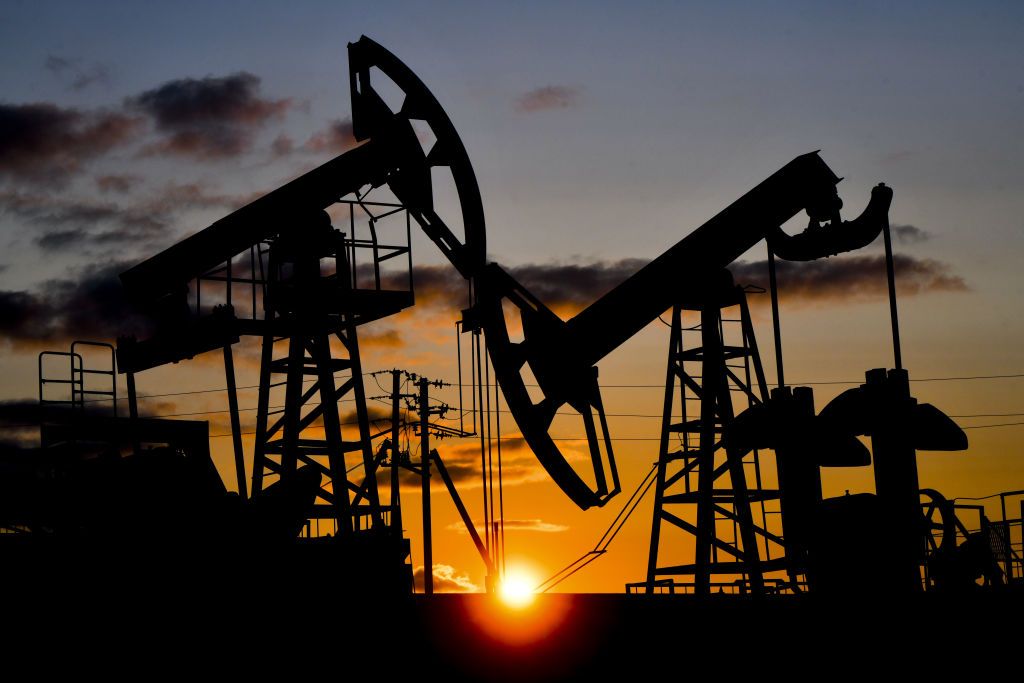
The Kyiv Independent: Within these war-configured economies, what strengths and weaknesses does each side have?
Dr. Luke Cooper: For the Ukrainian side, the external vulnerability and strength are its dependency on its allies. Ukraine is getting extremely large and continuous injections of money into its economy, and that's keeping the whole thing afloat. Its financial sources are now secure without U.S. assistance until 2027, which puts it in a very strong position, but were that money to disappear overnight, Ukraine would immediately suffer an enormous economic crisis.
"There's always a crisis coming for the Russian economy, and it's just over the hill."
In the case of Russia, its strength lies in its massive fossil fuel production capacity, particularly in oil. Oil is much more important (than gas) to the economy in terms of external earnings. At the end of the day, Russia consumes most of the gas it produces domestically. Oil accounts for something in the region of 30% to 50% of all government revenues over the last 10 years.
Negative price movements pose a real problem for the Russian regime. Surely enough, in the first quarter of this year, there’s visible downward pressure on oil prices from global economic headwinds. And that’s going to pose really sharp distribution or financing choices for the Russian regime. It doesn't mean that it collapses overnight, but it does mean that its room for economic maneuver is becoming much, much more constrained.
The Kyiv Independent: I think that's a good segue to the question always on everyone's mind — is there an impending economic crisis in Russia that changes the Kremlin’s calculations about the war, or will it be able to maneuver through whatever comes its way?
Dr. Luke Cooper: We have a little bit of a boy who cries wolf problem here. There's always a crisis coming for the Russian economy, and it's just over the hill. Considerable caution needs to be exercised in terms of any immediate assessments of how things will play out, but there are certainly key sources of vulnerability that we can point to right now, particularly in the banking system.
There are two potential sources for banking crises at the moment: one from large-scale defaults in the commercial economy, and another from the politically directed corporate bond sector that has to be capitalized through continuous political investment in the military-industrial complex. And of course, this whole system is oil-dependent. (Russia’s) economy can be broadly divided into revenue-generating sectors, like fossil fuels, and revenue-dependent sectors. So the recent drop in global oil prices poses a real underlying threat to the architecture of the economy.
The question then becomes: What does Russia do in the face of a potential banking crisis?
Interestingly, this is now being discussed quite publicly within Russia. The Central Bank is leading the discussion, saying they need to control inflation while acknowledging the negative impact of high interest rates on the broader civilian economy. The overall room for maneuver among different actors is becoming more and more constrained by falling oil prices.
The Kyiv Independent: So, what does that mean for Russia's war effort and its negotiating position?
Dr. Luke Cooper: This is the million-dollar question. It’s a bit like Trump and tariffs — everyone is speculating about it, but it’s the decision of one man. You can draw a parallel to (Russian President Vladimir) Putin in Russia. We can speculate, but in the end, it is the decision of one person.
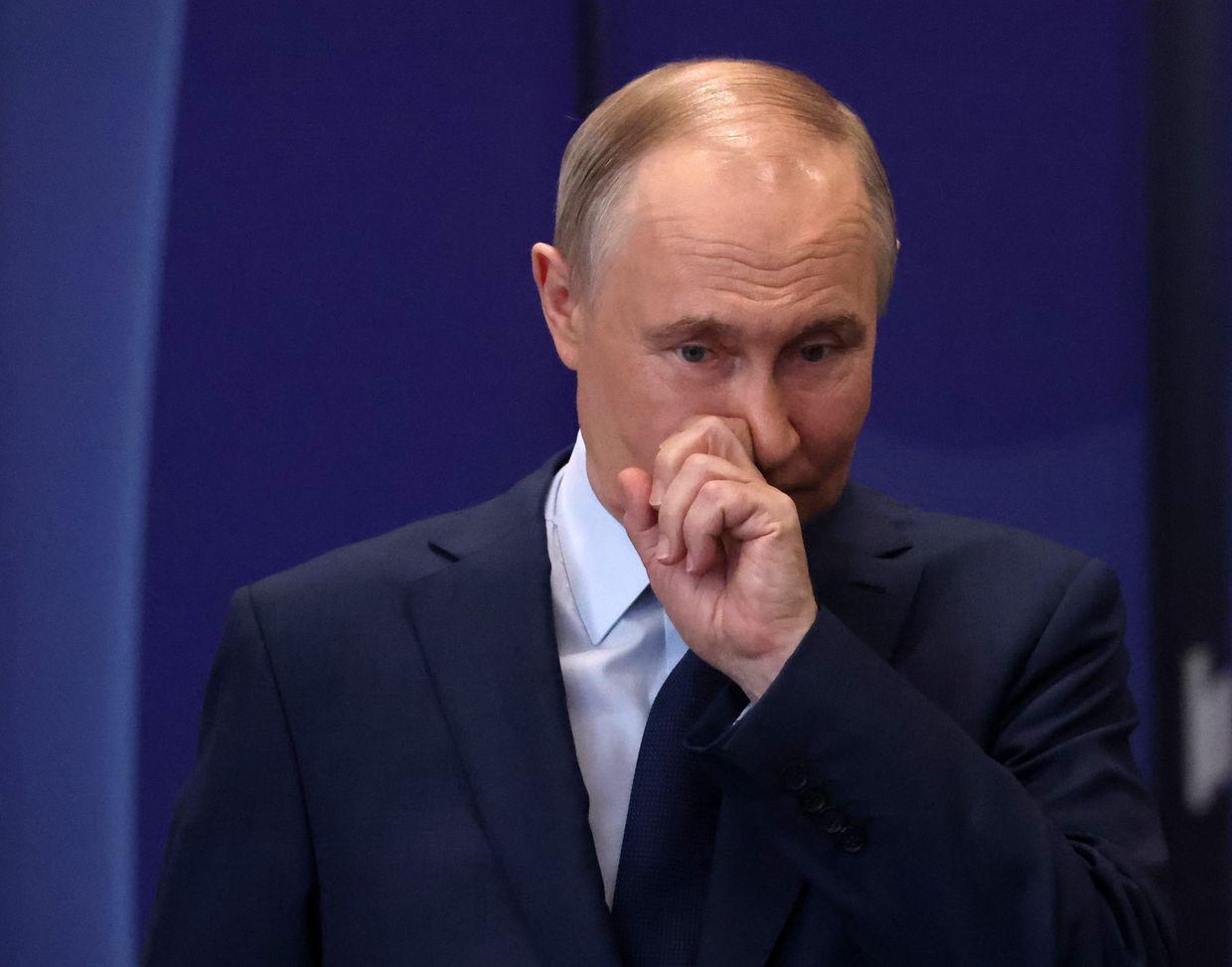
One argument you hear from people focused on the military balance of forces is, "Well, look, at the end of the day, occupying 20% of Ukraine compared to the enormous loss of life Russian soldiers have experienced and the negative economic effects on Russia in terms of sanctions and everything — Putin has nothing really to show for what he's achieved there for the last three years, relative to the loss.” So that means Putin has to carry on fighting at least until he can claim maybe Dnipro, or even Odesa. That suggests his interest in negotiations is purely cynical, to see how much he can extract.
That analysis may well be correct, but there's an alternative that comes from looking at the economy: If Russia is on the cusp of a serious banking crisis that will sharpen economic divisions and limit the regime’s ability to satisfy all the interest groups it needs to, then Putin may have an interest in a face-saving exit. He will try to extract as much as possible from the Americans and this Putin-sympathetic White House, but his engagement with negotiations may not be purely cynical.
"Ukraine’s aim here is just to stay in the fight and hold the line."
He may want to freeze the conflict at the current line of control and deal with some of the economic problems that Russia now faces at home, especially considering that the best thing you could do for the Russian economy right now would be lifting sanctions. That would be critical to refloating, if you like, the Russian economy in the global economy. Even basic things like access to sovereign debt markets, which Russia doesn’t have now, (would change). If America lifted financial sanctions, international investors could invest in Russian government debt again, which would be a huge transformation for Russia’s ability to finance the war.
So there are things the Trump administration, and potentially Europe, can offer in negotiations that are quite attractive to the Russian regime. How Putin will internalize those questions, what advice he gets — I don't know. But you can observe that these things are being implicitly discussed in the Russian public space — insofar as it exists — and insofar as the Central Bank can still speak freely within certain boundaries about the state of the Russian economy. They're not ignorant of these trade-offs or the challenges that they're facing. They know the condition of the economy and what they could potentially gain from an armistice agreement.
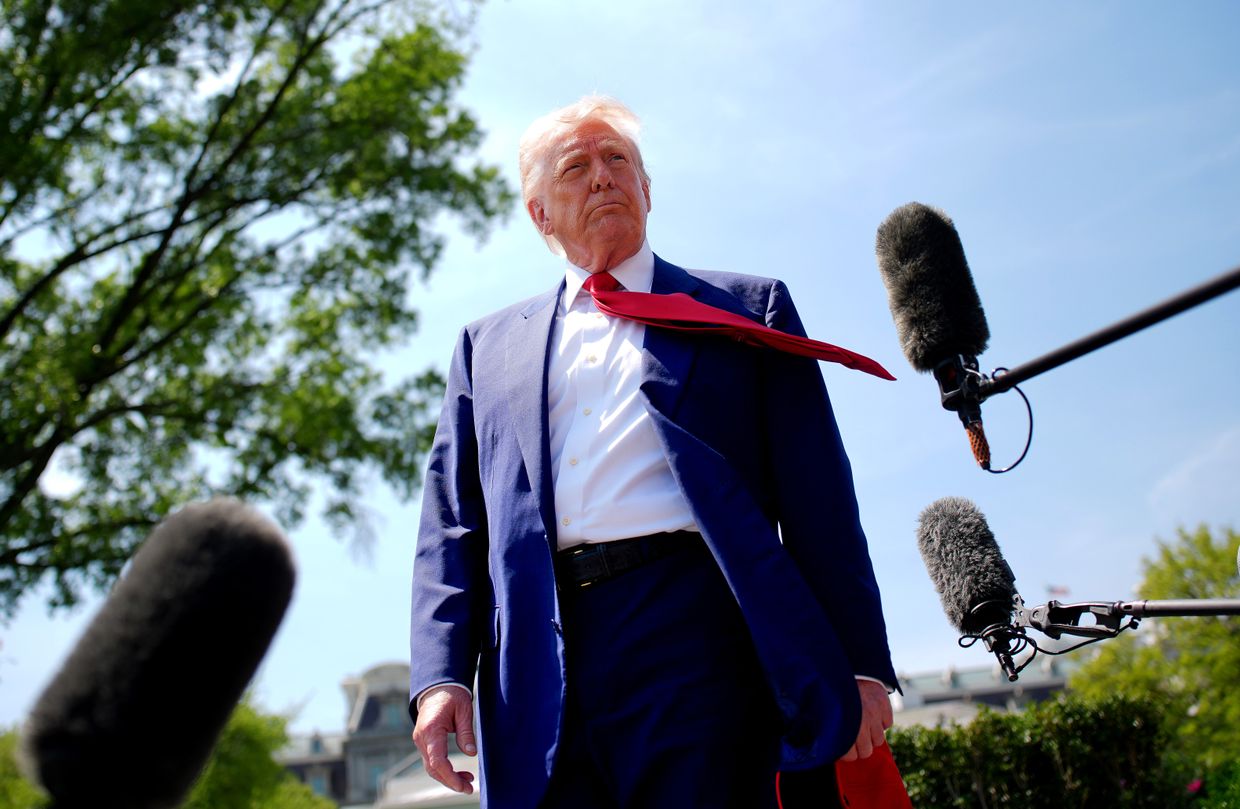
The Kyiv Independent: You mention in your report that Ukraine isn’t actually as doomed to defeat, and that isn’t being taken into account in the peace negotiations. Why is that?
Dr. Like Cooper: There isn’t that much emphasis on what Russia’s cards are here. Six to eight months ago, there was a lot of pressure on Pokrovsk and concern that it could fall, but it hasn’t. When we’re talking about a potential breakthrough on the front line, it’s not clear to me where exactly that would come and how significant the gains would be for Russia.
I think that all feeds into an analysis that Ukraine’s aim here is just to stay in the fight and hold the line. It would be nice to have as much American military aid as possible, but I don’t think it’s decisive. If its economy is in good shape, if it's producing most of the weapons it needs to defend the front line inside Ukraine — which is critical — then Ukraine's game here is just to hold on. And as long as it's able to do that, it puts the pressure on the Russian side because they can't afford to run this war economy and this level of loss of human life in perpetuity.
And I think that makes it quite different from situations of intractable violence, like you see in some other conflicts. This is a high-intensity conventional war. And at the end of the day, at some point, Russia will have to decide that it can no longer afford to fight this war, or some people in the Russian elite will decide that.
The Kyiv Independent: Let’s say peace talks collapse and the U.S. withdraws from the process — how do you see this unfolding for both countries over the next several years?
Dr. Luke Cooper: My working assumption is that there is enough support for Ukraine within the Republican Party to make it difficult for the Trump administration to unilaterally lift financial sanctions imposed on Russia. Given (the Trump administration’s) political tendencies and obvious affinity with what Putin stands for, I don't think that they will further escalate those actions either.
If, in that context, the U.S. withdraws from peace talks and says, “Well, we’ve got other priorities, we tried to make it work, but we’re not interested,” that creates an interesting problem for Russia. In some ways, Ukraine would then be in a stronger position. With U.S. support gone, Russia loses its friendly actor in these negotiations — the state that, just recently, voted alongside Russia at the United Nations for the first time in years on Ukraine issues. That puts the onus on Ukraine and its European allies to meet Ukraine’s self-defense needs in terms of weapons and finance. It also means Russia would have to find a negotiating partner in Europe. If they want some kind of agreement, they would have to negotiate with Ukraine, Europe, and some kind of third-party country.
Could China and Saudi Arabia, for example, work together to create a new negotiation dynamic, taking advantage of the U.S. exit from the field? That seems plausible, but I don’t think it would be disastrous for Ukraine in terms of the balance of forces. Of course, there is the human cost, but in terms of the military situation, Ukraine is still in a pretty strong position.
The Kyiv Independent: That is a really interesting aspect given the Trump administration’s common refrains that seem to convey that Ukraine is in a very weak position.
Dr. Luke Cooper: The funny thing about the line from Trump saying (to President Volodymyr Zelensky) that “you don’t hold the cards here” is that in many respects, Ukraine does hold cards. It has an army of nearly a million people with this incredible combat experience of defending its country for more than a decade of war with Russia. And it’s still here, despite being in this extremely asymmetric conflict.
Of course (Ukraine) is holding cards in the negotiation, (and it has shown that) it can't be negotiated over the heads of. I think that’s another interpretation of what we’ve seen over the last two months of the U.S. holding bilateral talks with Moscow — it hasn’t got anything and it hasn’t forced capitulation from the Ukrainian side. Clearly Ukraine is holding cards.
A minerals deal won’t stop Russia’s war
News of Victoria Roshchyna’s brutal death at the hands of Russian captors shocked Ukraine and the world last week. Her body was returned mutilated — eyes gouged out, brain removed — bearing evidence of unspeakable brutality. It wasn’t an accident of war. It was a signature of it. This is

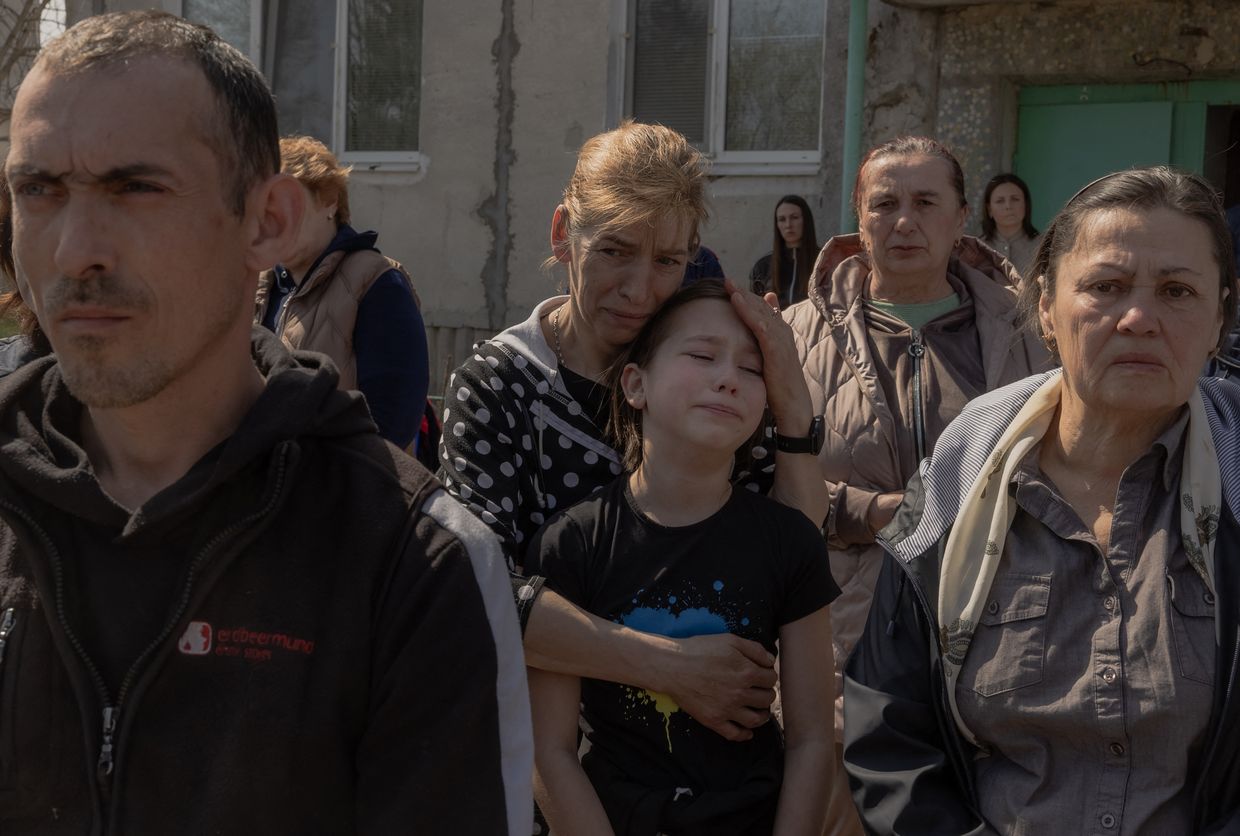
.png)
 German (DE)
German (DE)  English (US)
English (US)  Spanish (ES)
Spanish (ES)  French (FR)
French (FR)  Hindi (IN)
Hindi (IN)  Italian (IT)
Italian (IT)  Russian (RU)
Russian (RU)  5 hours ago
3
5 hours ago
3
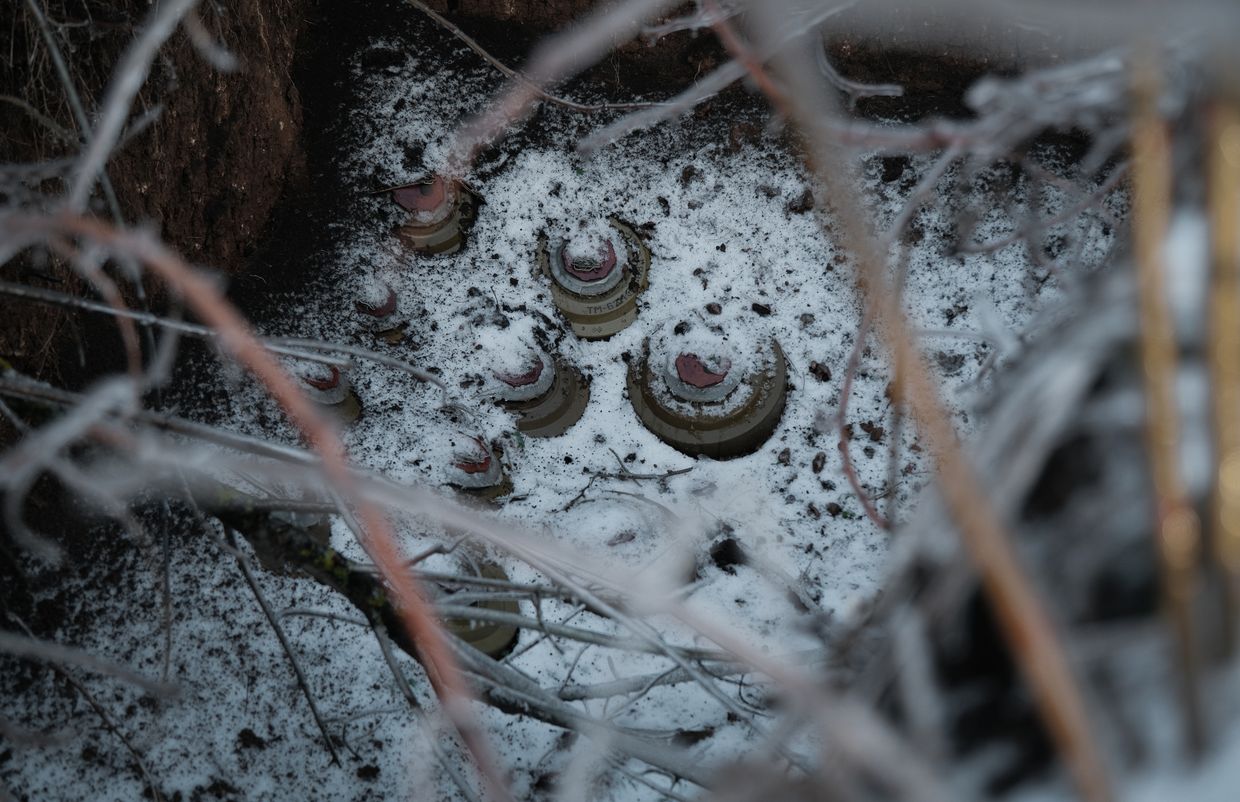
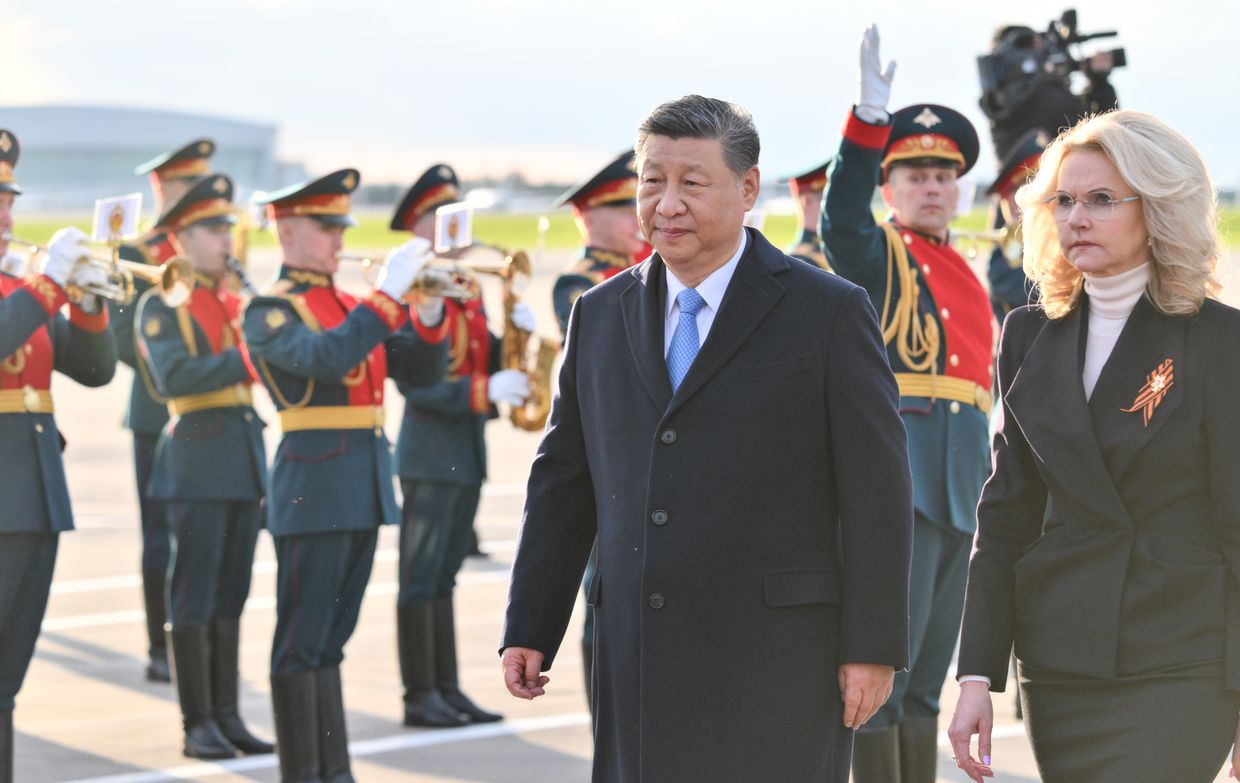
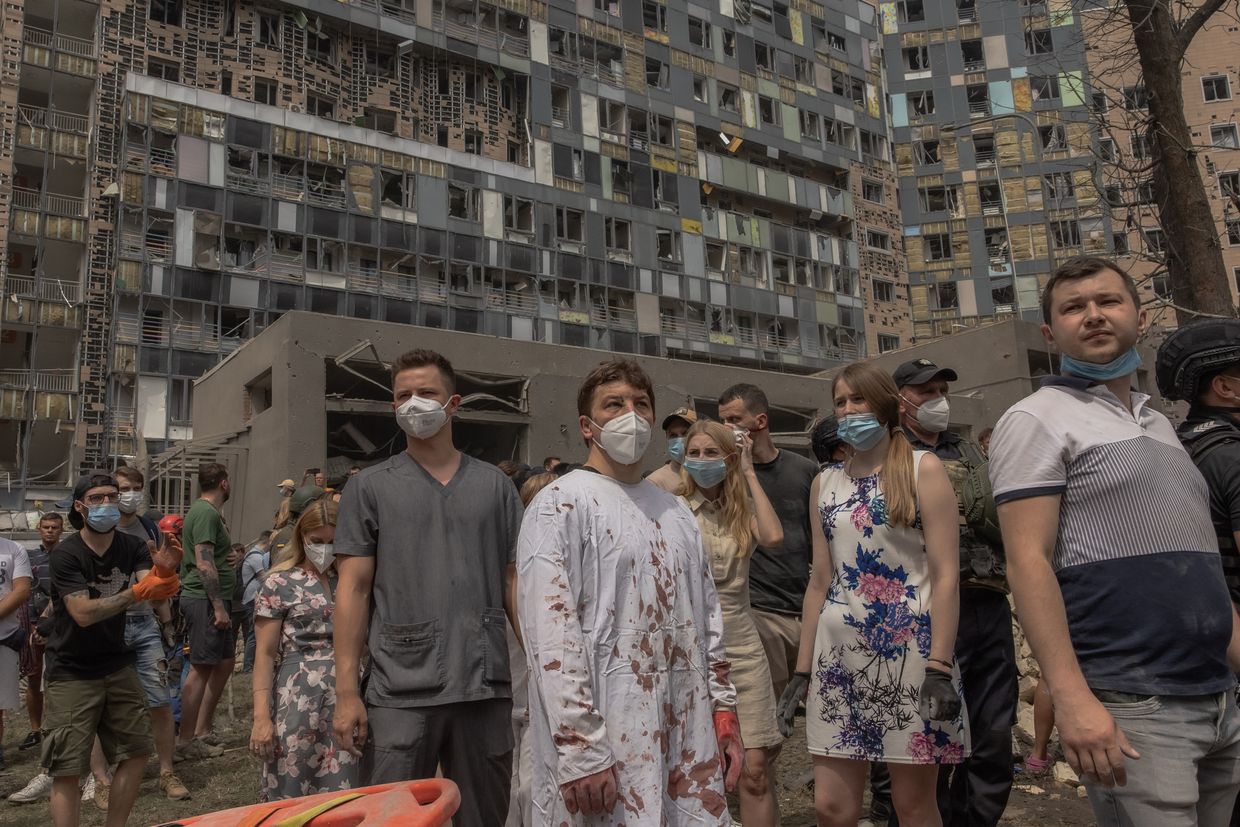
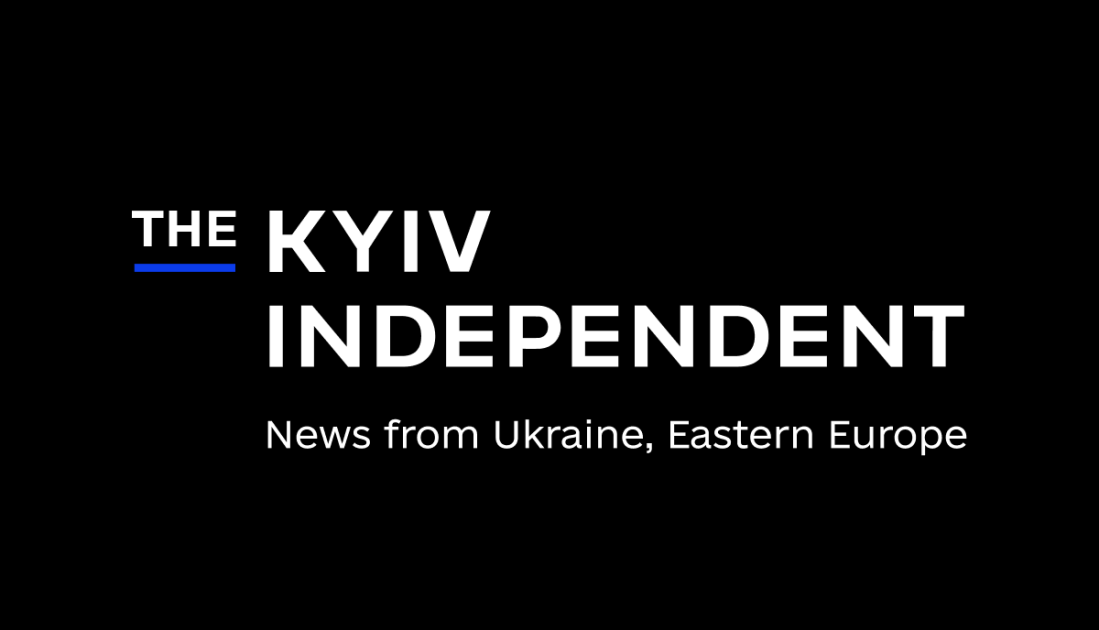
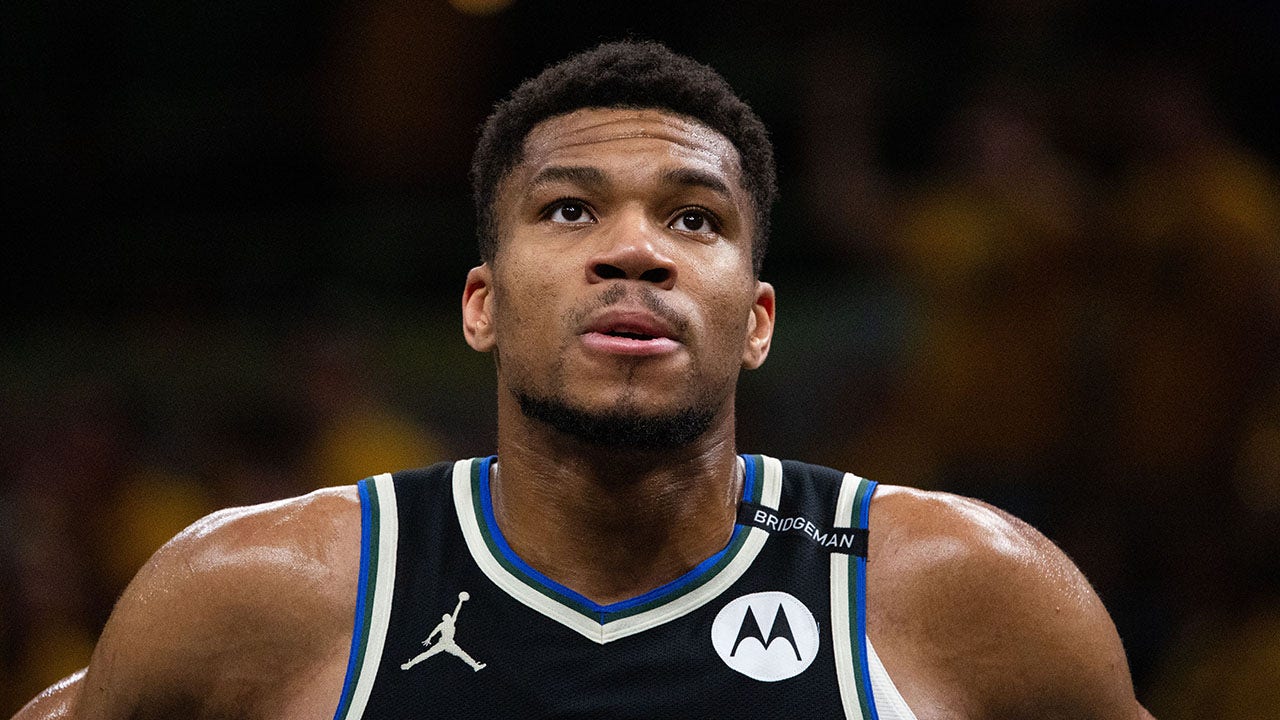

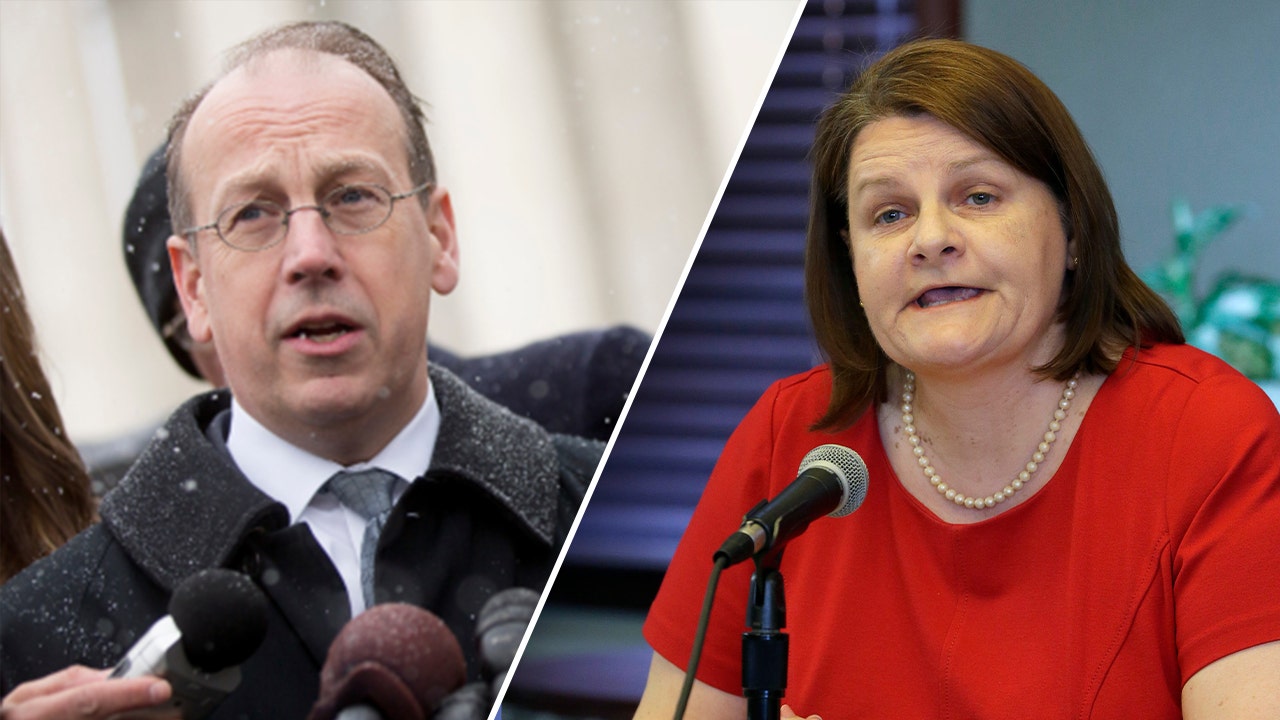


Comments